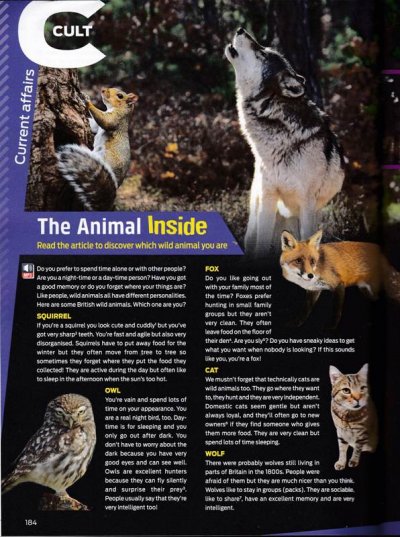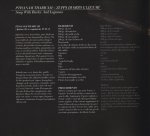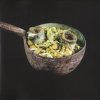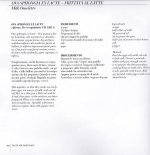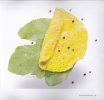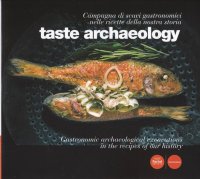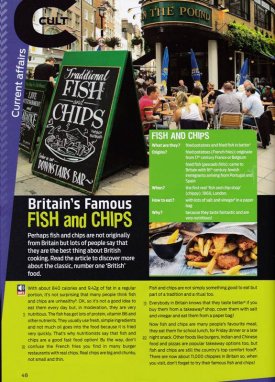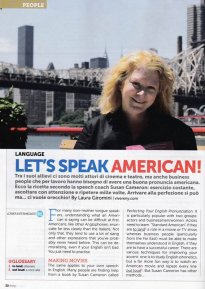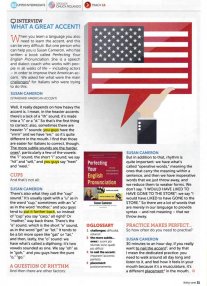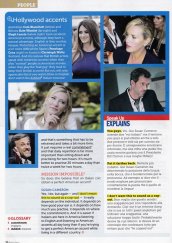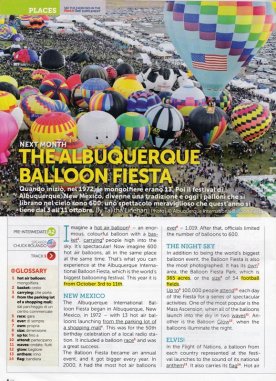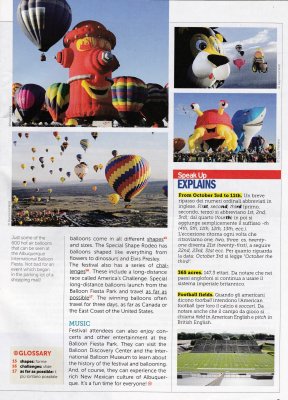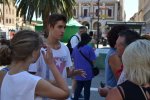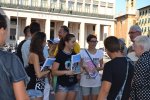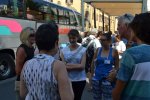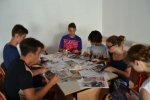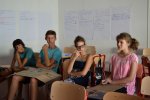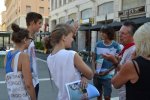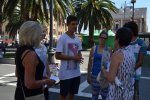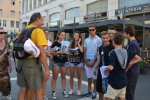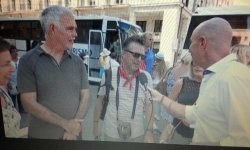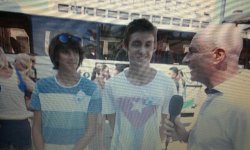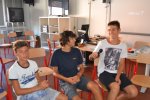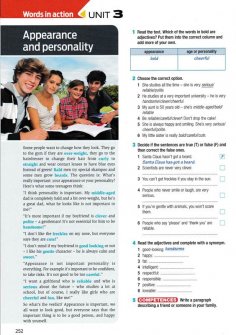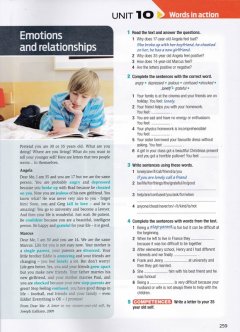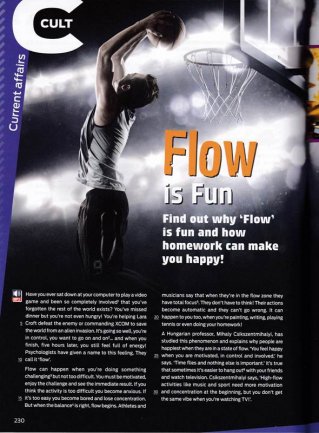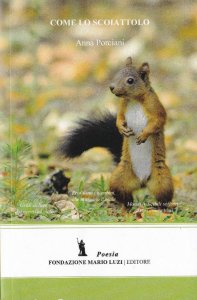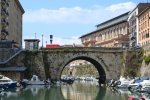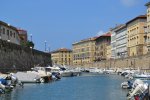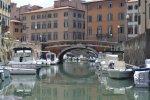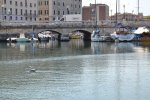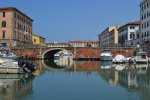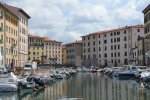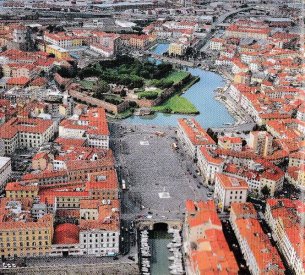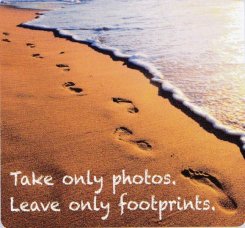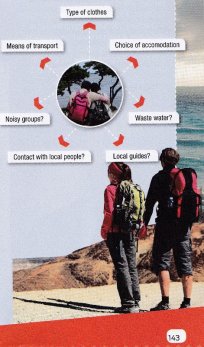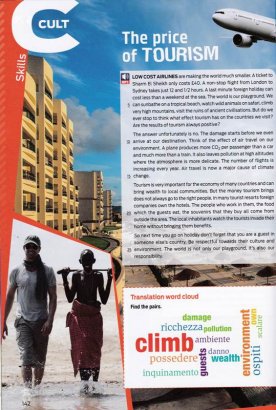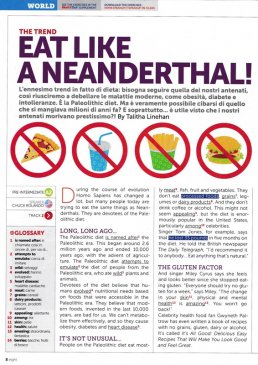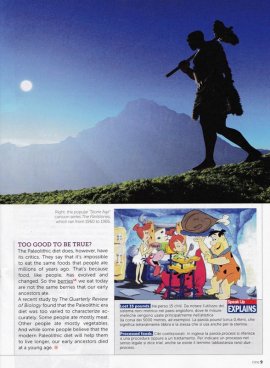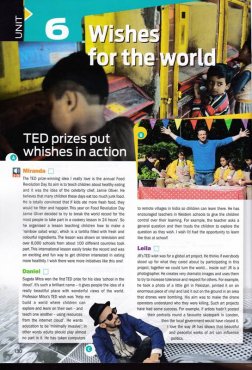Good morning, afternoon, evening,
this is a new page for all the students who are coming to class next week.
Have you ever thought to resemble some wild animals?
Is there a wild animal whose characteristics you like for any special reason?
Here there are a few exercises for you to do, replying as a comment, paying great attention to formal correctness and accuracy:
Which animal
1 is very clean?
2 likes people who give it food?
3 likes to look good?
4 doesn't live in Britain now?
5 likes to live in a big group?
6 can't remember where its food is?
Continuing talking about the animals in the article,
1 Which of their features are positive and which are negative?
2 Which lifestyle attracts you most? Why?
3 Talk about your family and your friends. Which animal are they like?
Compare this page with the one about "Wolves and a richer life", going to page 4, article 11.
Let's talk about all possible wild animals your mates resemble according to you, see you in class
Anna - Coordinator
Source: CULT 1 DeA Scuola 2015
Vincenzo: so unexpected finding out what animal you think you resemble. I will better ask you in class.
I subject, capital letter. Correct short answer, Yes I have. Before a vowel the article a becomes an. Because it has, it is the pronoun for animals, unless they are domestic animal. In this case, if you think you are like an elephant, the pronoun could exceptionally be he. The Owl has a good eyesight. Britain capital letter. But it did in the 1800s. The wolf likes living in a big group (in this case the group is called pack). The fox lifestyle attracts me because it lives in small families.
Vincenzo, I dare say you worked quite well, thinking a lot, and writing very interesting comments. Continue your job. The more you practice choosing what you like doing, the better your writing and speaking skills will be.
The animal inside: thank you for this very interesting comment! I read the book many years ago. Plural of woman is women, who read, found. Punctuation helps the reader, after woman, period. She has the same character as, third person simple present with s, Jungian analyst, how women period. In "Women who etc" since it is the title of a book.
Anna

